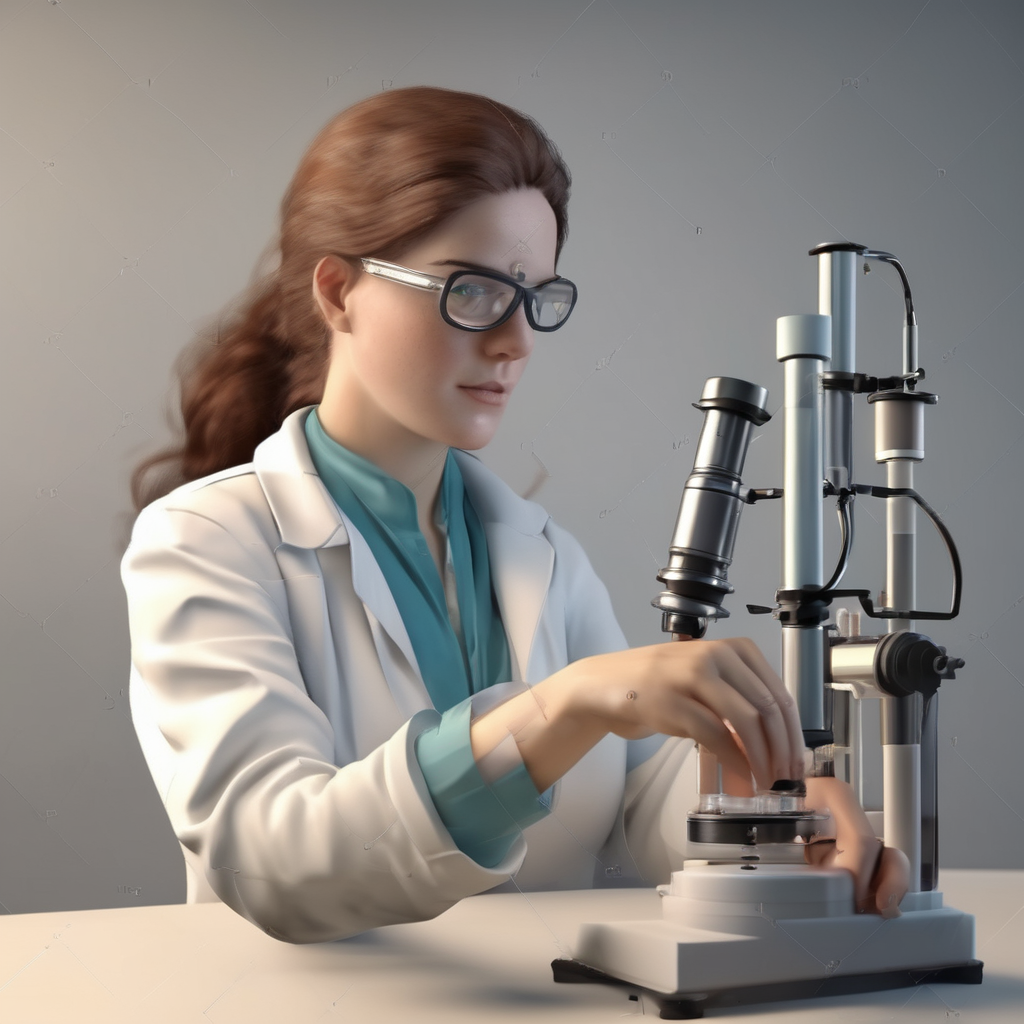The involvement of women in science and technology fields has historically been underrepresented. However, in recent years, there has been a growing recognition of the importance of diversity and gender equality in these fields.
Women have been historically underrepresented in science and technology disciplines. This underrepresentation persists at all levels, from education and research to leadership positions. This gender gap is influenced by various factors, including societal expectations, stereotypes, biases, and a lack of female role models in these fields. The underrepresentation of women not only deprives them of opportunities but also limits the potential for scientific and technological advancements.
Women in science and technology face numerous challenges throughout their careers. These challenges include gender bias, stereotyping, lack of recognition, and unequal access to resources, funding, and opportunities. Women often encounter barriers in career progression, such as limited mentorship and networking opportunities, work-life balance issues, and implicit biases that affect their professional growth.
Despite the discriminations that may exist, gender diversity in science and technology brings numerous benefits. Research has shown that diverse teams, including women, lead to enhanced creativity, innovation, problem-solving, and better decision-making. Women bring unique perspectives and experiences, which contribute to a broader range of ideas and approaches. Additionally, diverse teams reflect the diversity of society and are better equipped to address the needs and challenges of the entire population.
Currently, efforts are being made to promote and support the participation of women in science and technology. Encouraging girls and young women to pursue science and technology through targeted educational programs, mentorship, and exposure to successful female role models. Providing equal access to quality education in science, technology, engineering, and mathematics subjects is crucial.
It is also important that we challenging societal biases and stereotypes that inhibit women’s participation in science and technology. This involves raising awareness, promoting inclusive cultures, and fostering supportive environments that value diversity and provide equal opportunities. Establishing mentorship programs that connect women in science and technology with experienced professionals who can provide guidance, support, and career advice; implementing policies that promote gender equality, such as family-friendly policies, flexible work arrangements, and equal pay for equal work. Creating supportive environments that enable work-life balance and career progression for women, and increasing the representation of women in leadership positions within science and technology organizations. Recognizing and celebrating the achievements of women in these fields to inspire future generations and challenge gender stereotypes.
It is also important that we tackle the discrimination against women in our current society. For instance, that research funding should be allocated fairly and transparently, addressing biases that may affect women’s access to funding opportunities. Encouraging funding agencies to prioritize diversity and inclusion in their decision-making processes and challenging and changing societal biases and stereotypes that inhibit women’s participation in science and technology. This involves raising awareness, promoting inclusive cultures, and fostering supportive environments that value diversity and provide equal opportunities.
In conclusion, the role of women in science and technology is essential for driving innovation, addressing societal challenges, and achieving gender equality. Efforts to promote women’s participation in these fields should focus on addressing the underrepresentation, challenging biases and stereotypes, providing equal opportunities and resources, fostering inclusive cultures, and supporting career advancement. By promoting gender diversity, we can harness the full potential of scientific and technological advancements for the benefit of society as a whole.







Leave a Reply